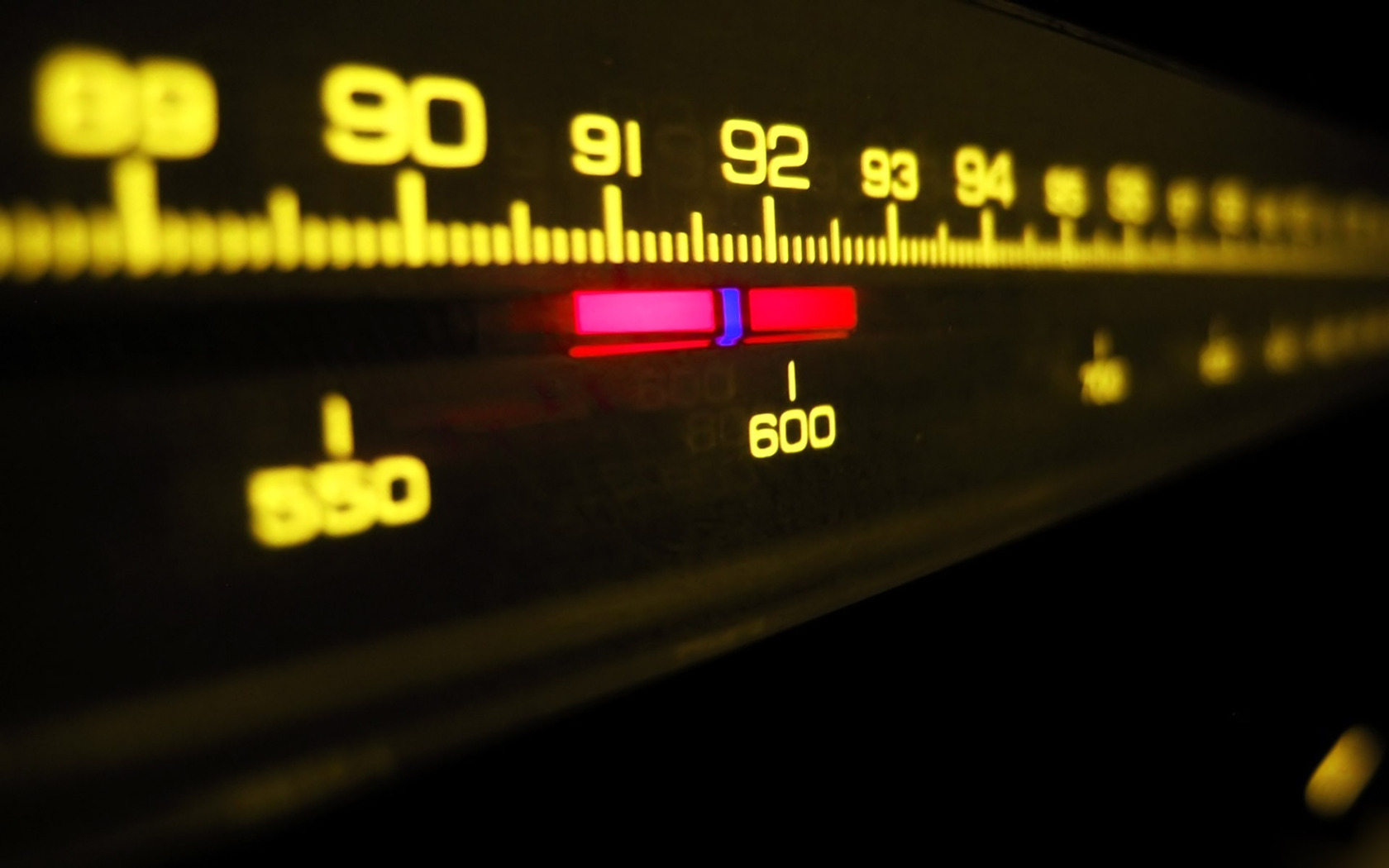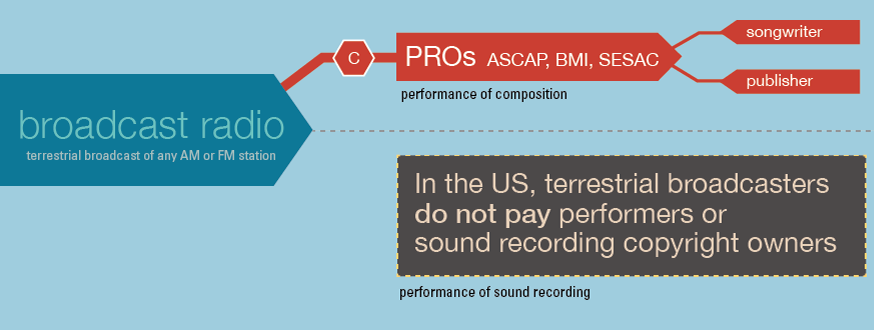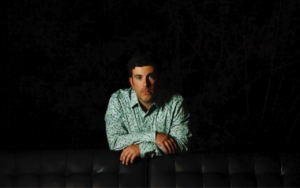
The hit song “… Baby One More Time” from the 90’s has probably been spun on the radio millions of times by now. But do you think Britney Spears has earned any performance royalties for those radio plays?
Not a cent!
Ken Consor from Songtrust wrote a great article called “What you didn’t know about radio royalties” in which he addresses one of the most commonly misunderstood aspects of music publishing:
When we talk about music publishing, we must always differentiate between songwriter and artist. For most of the Billboard Hot 100, the artist did not write the hit song on their own. They either used a team of songwriters or ‘cut’ (recorded) someone else’s composition entirely. In our example case, Britney wrote none of the song. It was written by one of the most important and successful songwriters of our generation, Max Martin.
Royalties and Radio:


Ken goes on to explain:
Radio airplay is considered a public performance. Public performances generate performance royalties for songwriters, which are collected by the PROs (ASCAP, BMI, or SESAC). In the US, terrestrial broadcasters (AM or FM stations) do not pay performers or sound recording copyright owners; they only pay the songwriters.
So, for every time “…Baby One More Time” plays on the radio – Max Martin and his publisher receive performance royalties from ASCAP (Max’s PRO). However, the performer Britney does not earn any royalties.
(Note: some other performance royalty sources, including internet radio, do pay performers and sound recording copyright owners. If you are a recording artist or copyright owner, you should register with SoundExchange to collect royalties from these sources.)
—
